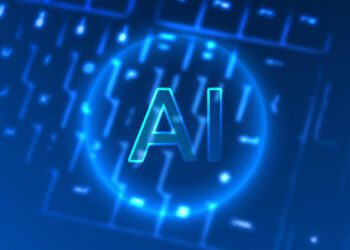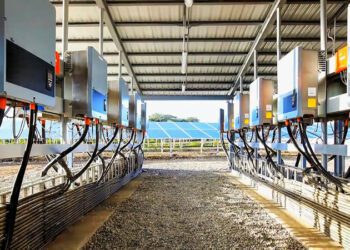As Artificial Intelligence (AI) technology continues to evolve at a rapid pace, its impact on the job market and the skills required to thrive in the future workplace are changing dramatically. From automating routine tasks to creating entirely new categories of work, AI is not just transforming how we work but also what we work on. This article explores the implications of AI on the future job market and the skills needed to stay relevant in the era of AI.
AI’s Impact on Job Market
AI’s impact on the job market can be seen from two perspectives: displacement and creation.
- Job Displacement: AI’s capability to automate routine and repetitive tasks could displace jobs across various sectors. For instance, roles in manufacturing, customer service, transportation, and data entry are at high risk of automation. A 2019 study by Brookings Institution suggested that approximately 25% of U.S. jobs are at high risk of automation.
- Job Creation: On the other hand, AI is creating new job categories that didn’t exist a few years ago. Roles like AI ethicists, data scientists, machine learning engineers, and robotics technicians are becoming more prevalent. According to the World Economic Forum’s “Future of Jobs Report 2020,” by 2025, the time spent on current tasks at work by humans and machines will be equal.
Skills for the Future
With the rise of AI, the skills that will be in demand are changing. Here’s what the future skills landscape might look like:
- Digital Literacy: As technology becomes integrated into nearly every aspect of work, basic digital literacy will be a necessity. This includes understanding how to interact with digital tools and platforms.
- Data Literacy: With AI and machine learning becoming more prevalent, understanding how to read, analyze, and interpret data will be a critical skill.
- Emotional Intelligence: AI has its limitations, especially when it comes to emotional understanding and social interaction. Therefore, emotional intelligence, which includes empathy, leadership, and social skills, will be highly valued.
- Critical Thinking: The ability to solve complex problems, think critically, and make decisions will be essential, especially in situations where AI tools may not have all the answers.
- Creativity and Innovation: AI is excellent at optimizing existing ideas but is currently not as capable in the area of original thinking. Hence, the ability to create and innovate will remain a uniquely human and in-demand skill.
- Lifelong Learning: Given the pace of technological change, continuous learning and adaptability will be crucial. Those who can keep their skills up-to-date and adapt to new technologies will have a competitive edge.
Preparing for the Future
Understanding the changing landscape of jobs and skills is the first step in preparing for the AI-driven future. Individuals must commit to lifelong learning and upskilling to remain relevant. Employers should invest in training programs to equip their workforce with the skills of the future. Lastly, educators and policymakers have a crucial role in redesigning education curriculums to focus on digital literacy, critical thinking, and emotional intelligence.
Conclusion
While AI is set to disrupt the job market, it also offers opportunities for those who are prepared. By developing a blend of technical and soft skills, individuals can navigate the changing job landscape and secure a place in the AI-driven future of work. By embracing change, fostering adaptability, and prioritizing continuous learning, we can turn the AI revolution into an evolution of work and skills.




















